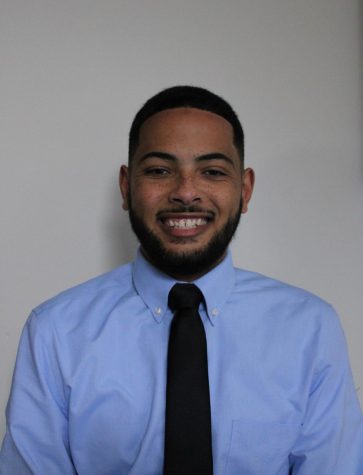Understanding GV’s academic dishonesty policy
Jan 31, 2022
As Grand Valley State University students make their way through the winter semester, academic misconduct continues to be a topic of discussion throughout all levels of education.
GVSU altered its academic misconduct policy in Oct. 2021 to implement a restorative justice philosophy and a more streamlined version of how academic misconduct is handled at the university.
According to the policy, academic misconduct is defined as “any action or behavior that misrepresents one’s contributions to or the results of any scholarly product submitted for credit, evaluation or dissemination.”
These acts include cheating, collaborating with another student and/or person, purposely falsifying or fabricating identity, documents and information, plagiarism and dual submission of work that was previously graded or submitted in more than one course.
Ben Witt, Director of the Office of Student Conduct and Conflict Resolution (OSCCR), said the implemented policy continues to be important to the university.
“Academic dishonesty has always been something that’s been referred to here,” Witt said. “There’s a large spectrum for dishonesty and the severity of it.”
If a GVSU instructor believes a student’s work as being academically dishonest, the instructor must meet with the student to discuss the issue. If the instructor believes the instance was a mistake, no further action is taken.
If the instructor believes there was misconduct and that further action should take place, the instructor can then report the student to the OSCCR where the academic misconduct procedure will begin.
“Faculty members have the authority of discretion to see if there was actually ill-intent or if it was an honest mistake and can take it from there,” Witt said.
Once the student’s work is reported to the OSCCR, a Conflict Resolution Facilitator (CRF) will review if the claim is substantial. If the CRF finds the claim to be substantial, they will then work with the student and instructor to see if a hearing is necessary.
If a meeting is deemed necessary, the claim will be reviewed by a hearing officer and/or hearing board, as well as an appeal officer and/or appeal board.
No official corrective action will take place by the instructor or GVSU until a final decision is made by these parties.
“We want students who unfortunately go through this process to never go through it again,” Witt said. “It can be a traumatic experience even though Grand Valley has one of the best sets of practices and care when it comes to this process. That is why we offer academic dishonesty workshops so we can help educate students.”
Students have the right to appeal an initial claim by an instructor at any given point throughout the process.
There are five scheduled “Avoiding Academic Misconduct” workshops remaining this semester for students to learn more about what constitutes acts of misconduct.
“We are very mindful that not all cases are one size fits all,” Witt said. “Our goal is to have less recidivism, less repetition. I always encourage all Lakers to do their own work and research, and if you feel like you are unsure about what you are submitting, do not submit it and ask your professor, ask our office.”

























